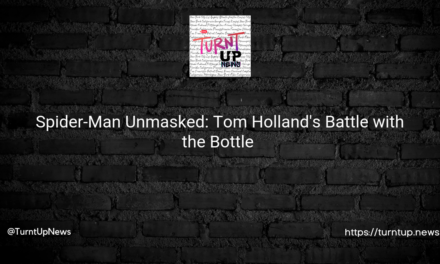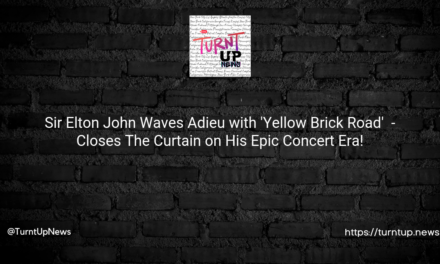🇮🇳 BBC Summoned to Court: Indian Drama Unfolds Over Modi Documentary 🎥💥
TL;DR: In a spicy turn of events, an Indian court has dropped the gavel, seeking a response from the esteemed British broadcaster, BBC, in a defamation case. The controversy revolves around a documentary on India’s very own Prime Minister Narendra Modi, which was audacious enough to scrutinize his leadership during the 2002 Gujarat riots.
Now let’s get the tea, shall we? 🍵
🌐 On an ordinary Monday, in the hustling bustling courts of Delhi, a notice was served to the BBC, turning the heat up on this international controversy. This isn’t just any dispute; it involves the big cheese of India, Prime Minister Narendra Modi, and the no less renowned British Broadcasting Corporation. All eyes are on the court as we anticipate how this political drama will unfold. 🍿
The Delhi High Court clearly wasn’t in the mood to just Netflix and chill. The notice, dispatched with all the solemnity of a legal showdown, is rooted in a documentary that dared to question Modi’s leadership chops during the 2002 Gujarat riots. There’s an old saying that goes, “A picture is worth a thousand words.” Well, in this case, a moving picture has certainly stirred up more than a thousand controversies. 🎥💬
This documentary is like a grenade thrown into the world of international relations. By putting Modi’s leadership under the microscope, it’s ignited a debate on whether it’s just journalism or whether it crossed the line into defamation. That’s the big question the court, and indeed, all of us, are grappling with.🔍👀
What’s clear is that this whole saga has brought up a whole new set of debates around free speech, the role of media, and the power dynamics between politicians and journalists. It’s like a Game of Thrones episode but with legal papers instead of swords. And with no dragons (as far as we know). 🐉❌
Surely, we can’t ignore the fact that such a trial also raises questions about the protection of journalistic integrity and freedom of speech. Can documentaries question the actions of influential political figures, or should they tread lightly? How much truth is too much truth? 🤔💭
We all love a juicy drama, don’t we? But when that drama becomes a legal case involving a powerful political figure and a prestigious media house, it’s not just popcorn time anymore. It’s an international affair that could potentially set precedents for journalistic freedom and its boundaries.📰🔓
At the end of the day, the big question that arises is: Should the media’s right to question and critique be protected, even when it ruffles some feathers?
DISCLAIMER: This article is not intended to give legal advice or recommendations. Always consult a professional for any legal queries.
The jury’s still out on this one, folks. What do you think? Should the right to freedom of speech prevail over possible defamation? Or is there a fine line that needs to be respected? Let’s chat. 🎙️💬
Source: Reuters





